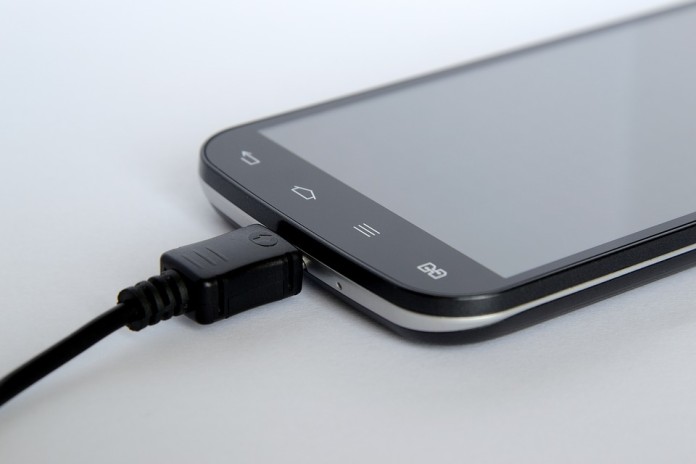By: Bryan Tropeano
Over the years, we have seen some phenomenal advances in technology which has changed the world as we know it. Now, we could just have a method for creating more effective supercapacitors which would replace batteries and charge in just seconds. By releasing energy in bursts, supercapacitors have unbelievable potential for powering technology. In the past, the problem was that they couldn’t store the same amount of energy as batteries, but this could now change.
According to a researcher at the University of Central Florida, these supercapacitors would take seconds to charge and it would last all week. Currently, this amount of energy requires a supercapacitor at a much larger size than would fit in a phone. However, they are just about to become more flexible, smaller, and lighter since a method of connecting two-dimensional nano-materials to supercapacitors has been found.
If this is successful, degradation of battery power would be removed since they could be recharged 30,000 times and not degrade, compared to the current 1,500 times. Ultimately, this is something that scientists have been researching for many years, but the merging process proved to be a sticking point. In this industry-changing process, a chemical synthesis method was taken and the two-dimensional materials could be integrated with the supercapacitor to boost efficiency. In this technique, millions of nanometer-thick wires that are coated with shells of this material can be found within the supercapacitor.
For those who have the latest models of mobile phones, you know how tough it can be to make it through a single day without charging so the potential within this industry is quite something. As long as there is scope to make the supercapacitors more efficient, even electric vehicles can benefit from this scientific discovery. Whilst electric cars continue to make great progress, the main problem remains in that they take far too long to charge. With supercapacitors in place, newer models may just be the answer when it comes to saving the planet and reducing fuel consumption. In addition to efficiency, these cars would also be even lighter.
Of course, we are still some way away from this happening but there is now proof that progress is being made. Although it isn’t ready for worldwide commercialization just yet, the team at the University of Florida says that this is evidence that we will see progress in years to come. After years of researching supercapacitors, we have finally found ways to make them more efficient which shines a positive light on the technology industry moving forward into the future.
ABOUT THE AUTHOR
![]() Bryan Tropeano is a senior producer and a regular reporter for NewsWatch. He lives in Washington D.C. and loves all things Tech.
Bryan Tropeano is a senior producer and a regular reporter for NewsWatch. He lives in Washington D.C. and loves all things Tech.










